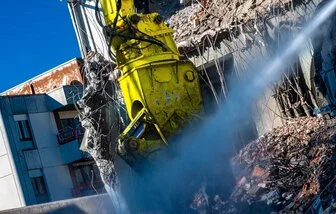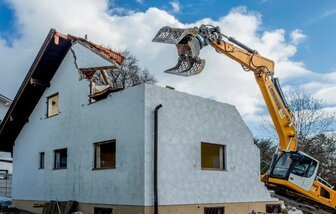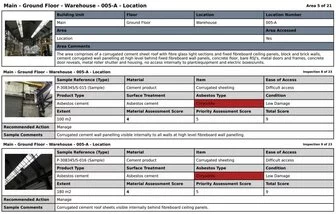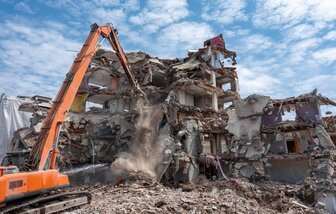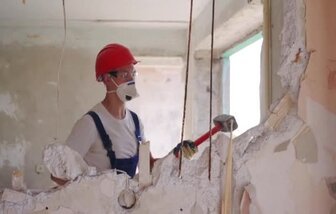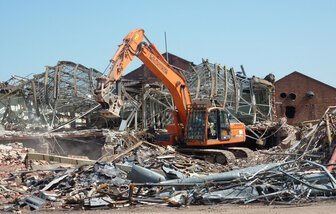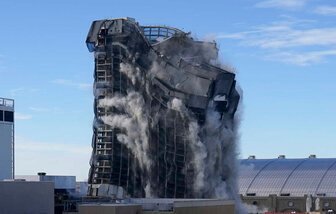Understanding Section 80 Demolition Notices in the UK
Demolishing a building in the UK requires submitting a Section 80 Demolition Notice to the local authority. Learn about the requirements, purpose, and application process of the notice. Find out when a Section 80 Demolition Notice is required and how to apply for it. Ensure a smooth and compliant demolition process by following the necessary steps and providing accurate information.
What is a Section 80 Demolition Notice?
A Section 80 Demolition Notice, also known as a Notice of Intended Demolition, is a formal document that must be submitted to the local authority before commencing any demolition activities.
It is a legal requirement under Section 80 of the Building Act 1984 in the UK.
The purpose of the Section 80 Demolition Notice is to provide the local authority with essential information about the proposed demolition.
This allows the authorities to assess the impact of the demolition on public safety, neighboring properties, and the environment.
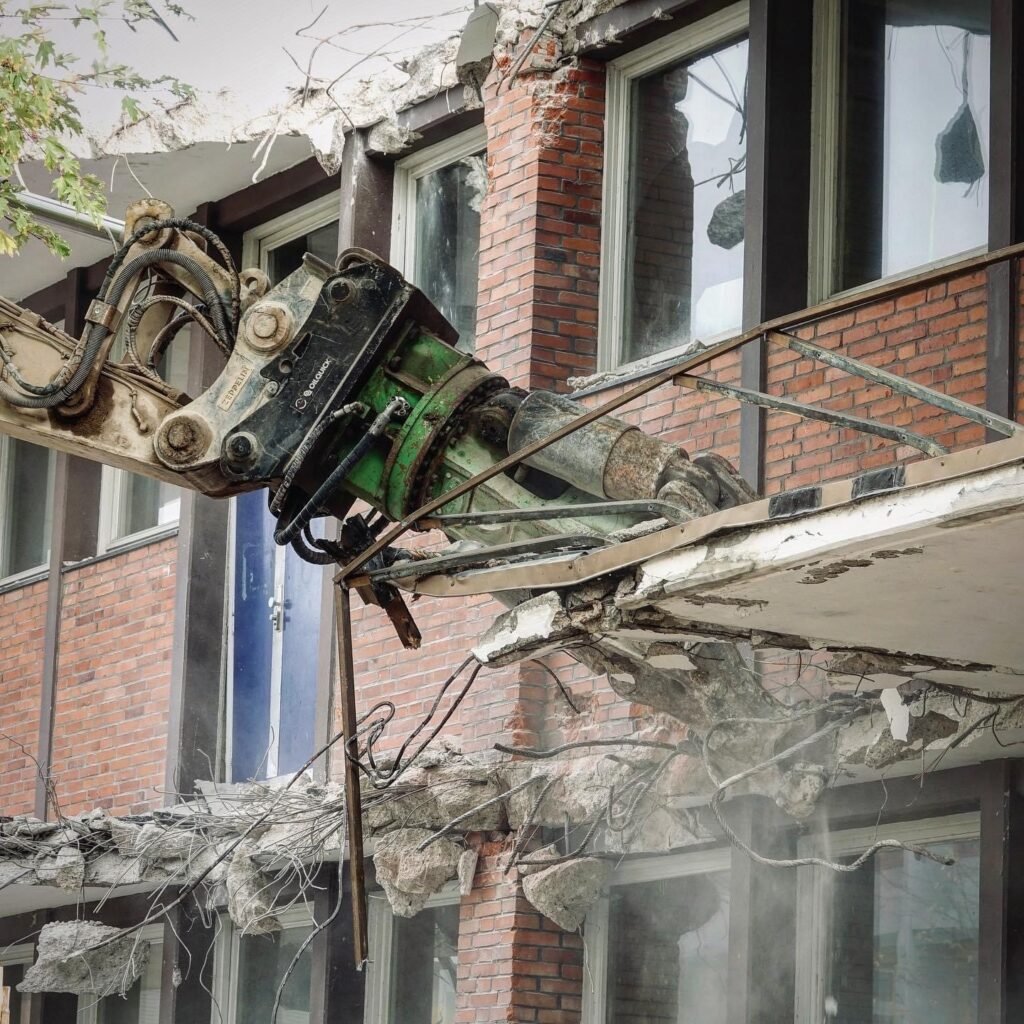
A Section 80 Demolition Notice is required in the following situations:
- Complete demolition of a building
- Partial demolition that affects the structural integrity of the building
- Demolition of a wall that is more than 6 meters in length and 3 meters in height
It is important to note that even if you are planning to demolish a small structure or a part of a building, you still need to submit a Section 80 Demolition Notice if it meets any of the criteria mentioned above.
Applying for a Section 80 Demolition Notice involves the following steps:
- Prepare the necessary documentation: Before submitting the notice, you will need to gather all relevant information about the proposed demolition. This includes details such as the address of the building, the reason for demolition, plans and drawings, and any relevant surveys or reports.
- Complete the Section 80 Demolition Notice form: The local authority will provide a specific form for submitting the notice. You will need to fill out this form accurately and provide all required information.
- Submit the notice: Once you have completed the form, you can submit it to the local authority. It is advisable to keep a copy of the notice for your records.
- Pay the required fee: In some cases, there may be a fee associated with submitting the Section 80 Demolition Notice. The local authority will inform you about the applicable fee and the payment process.
After submitting the Section 80 Demolition Notice, the local authority will review the information provided. They may request additional documentation or clarification if needed. Once the authority is satisfied with the submission, they will issue a Section 81 Notice, which gives consent for the demolition to proceed.
Submitting a Section 80 Demolition Notice is a crucial step in the process of demolishing a building in the UK. It ensures that the local authority is aware of your intentions and can assess the impact of the demolition on various aspects. By following the necessary steps and providing accurate information, you can ensure a smooth and compliant demolition process.
What is demolition?
The process involves Rotational hydraulic shears and rock-beakers attached to specialist excavators are also used to cut or break through wood, cut steel and crush concrete which reduces the structure to a rubble
What is a premature collapse?
TPremature collapse of these structures is one of the main causes of serious injuries resulting from demolition activities. The most common type of incidents is the lack of planning before commencement
Demolition hazards
If a demolition project is well planned the risks of injury and death can be minimised. It should be emphasised that the planning and execution of a demolition project should only be done by appropriately competent persons.
What is a section 80 demolition notice?
If your considering demolishing an existing building you will need to submit a demolition, Section 80 Notice together with your (RAMS) to your local authority according to section 80
What is a pre-demolition survey
When a building is to be demolished the (non-domestic) client (usually the property owner) has a duty to provide pre-demolition information to the designer and contractor. This will involve a pre-demolition investigation and survey.
How to manage asbestos in demolition
One of the key issues arising in demolition these days is asbestos. Widely used in construction projects by previous generations, asbestos is now accepted as the UK’s largest occupational killer and there are strict guidelines for the safe removal
How to manage your demolition project
Where any redundant building, structure plant has contaminated flammable materials, precautions must be observed to avoid fires and explosions. Specialist advice must be required to identify any residual
What is manual demolition?
Among the methods, manual demolition is found to be most applicable for most sites, especially for areas located in the urban zone. The safety of the demolition process would greatly depend on the type of procedure used.
What is non explosive demolition?
You do not need explosives for every demolition job. Most people assume that for a demolition to be a demolition there is a need for a kaboom. It does not have to be that way
Structural demolition
Structural demolition is not a walk in the park. Total Group is well placed to deliver a safe, environmentally friendly and a budget wise project. We focus on a process that will assist you to salvage and recycle material for reuse.
What is high risk demolition?
The building contractor needs to make a thorough risk assessment to look for both risks and hazards. Control measures are then implemented to prevent any accident that could be fatal.
Controlled demolition methods
If you have a large building that requires demolishing, you cannot rely solely on manual demolition to get the project completed. There is only so much that a team of demolition contractors.
Ready to start your project ?
Let's Work Together
Please complete the form below and someone from the Total team will be in touch.

